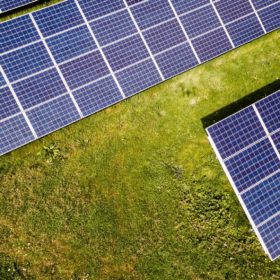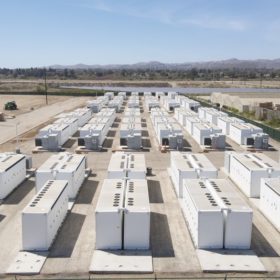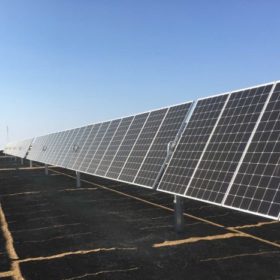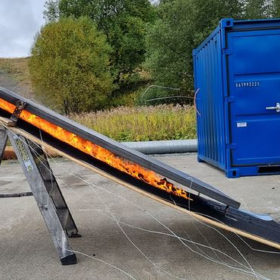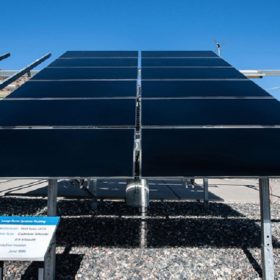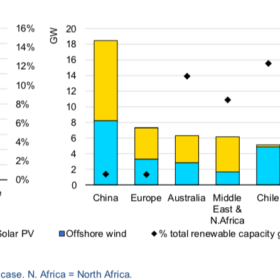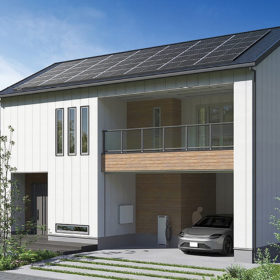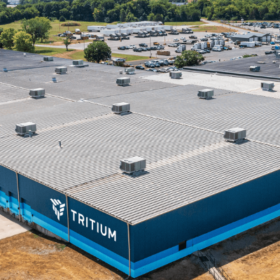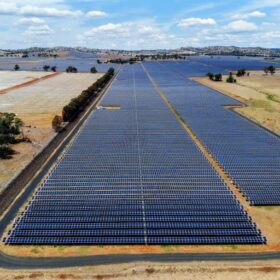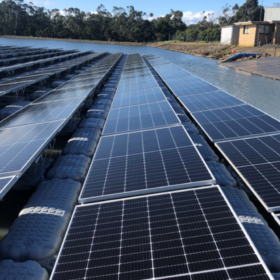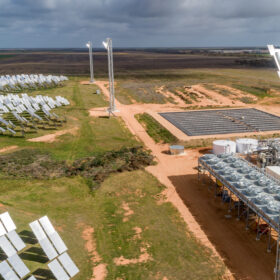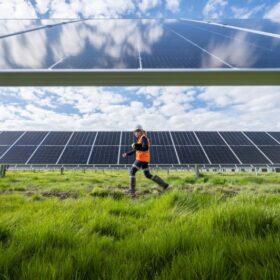Australian compressed H2 carrier ship approved by ABS
Perth-based Provaris Energy said it is moving forward with its compressed H2 carrier, while Princeton University researchers have published a study on how the transition to hydrogen-based energy systems would affect the tropospheric burdens of methane and hydrogen.
World to expand renewable energy capacity by 75% by 2027, says IEA
The International Energy Agency (IEA) says the world will deploy as much renewable energy in the next five years as it did over the last two decades.
Energy storage fire, explosion, and safety training manual released
IREC’s handbook contains energy storage installation codes, hardware standard, and lithium-ion risk mitigation tools.
Ranking the top 15 nations for solar energy capacity
Ranking the world’s largest producers of solar energy based on the BP Statistical Review of World Energy 2022.
Growatt unveils new inverters for residential off-grid PV systems
Growatt’s new 6 kW inverters have an efficiency rating of 93% and offer 12,000 VA of surge power, up to 500 V of input voltage, and 8 kW of PV input capacity.
PV system fires potentially exacerbated by gap between solar panels, rooftops
Norwegian researchers have published a new study showing that the space between solar panels and rooftop surfaces might play a critical role in contributing to PV system fires.
How clean energy technologies achieve commercial success
Analysts study lab-to-market pathways for clean energy technologies including a look at the development of First Solar’s cadmium-telluride thin film solar modules.
Global renewables capacity for hydrogen to surge by 2027, says IEA
The International Energy Agency says that it expects the use of renewables to support global hydrogen production to surge over the next five years. The Netherlands and Denmark, meanwhile, have revealed plans to expand electrolysis capacity.
Panasonic unveils vehicle-to-home system for PV-powered homes
Panasonic claims that its new vehicle-to-home system can increase the self-consumption rate of residential solar and storage capacity to 90%.
Domestic supply chains would ‘benefit significantly’ from addressing modern slavery
On the back of the Covid-19 pandemic, geopolitical conflict and allegations of forced labour in sectors critical to the renewable energy transition, awareness of supply chain insecurity has rarely been higher. Seeking to strike while the iron is hot, the Clean Energy Council and law firm Norton Rose Fulbright have published a white paper arguing that Australia’s own renewable energy supply chains could “benefit significantly” by a more concerted effort to address modern slavery.

